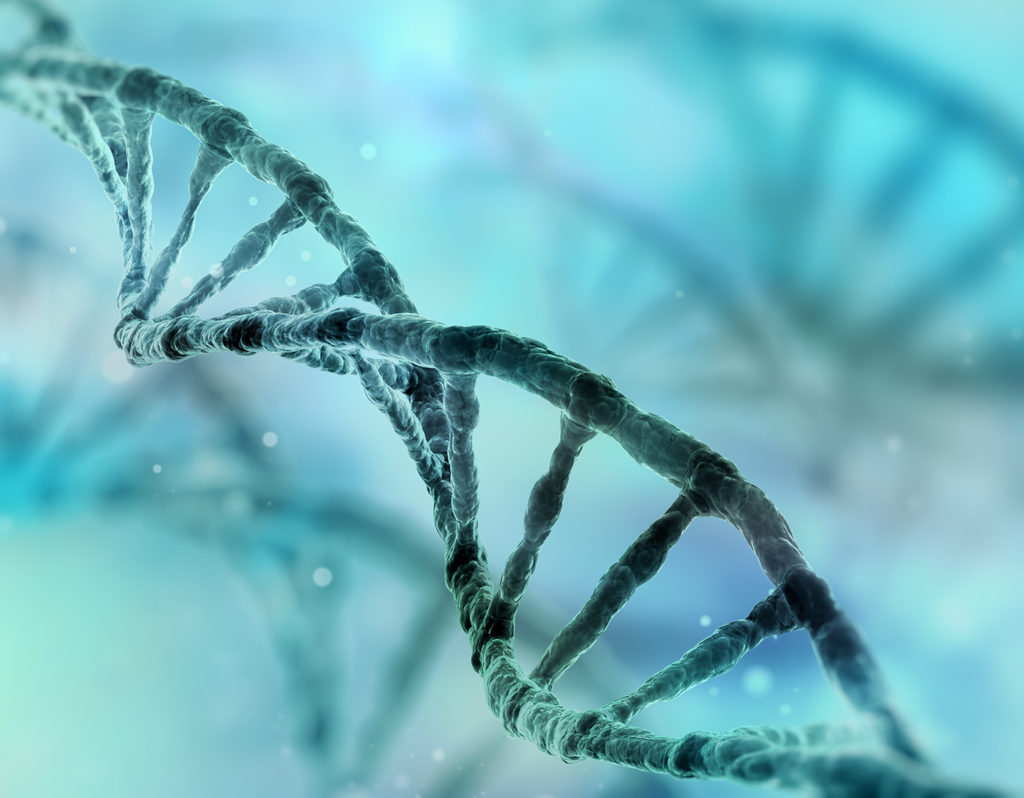Review: The Demon in the Machine by Paul Davies
What is life? We can see what life does, but definitions are harder to come by and agree on. In The Demon in the Machine Paul Davies tries to make sense of the fact that life seems to work in opposition to the second law of thermodynamics. Life tends to move towards more complexity, so maybe we need to think about it beyond the laws of physics as we normally understand them.
In this book Davies argues that we can think of life in terms of information systems, and this is different to the reductionism that comes with whittling explanations down to the quantum level, in much the same way that if we want to understand our computer’s programs, looking at the hardware inside the computer won’t help. Of course, information is something of a buzzword at present, in the same way that in the 1980s and beyond the concept of mind was supposedly explained by analogies with computers. But there is some sense in Davies’ analysis.
Davies steers towards the realm of the metaphysical, as he did in his early, famous book The Mind of God, where he argued that the emergence of mind was not incidental but suggested that the universe might have been heading in this direction (guided by some unseen hand, perhaps?). Similarly, he argues now that the universe’s laws might favour life through informational complexity, which may spook the nihilists for whom human beings are not the pinnacles of creation but mere accidents.
But Davies also argues that although life might be a natural emergent property of the universe, it also might be unique to Earth, and he cautions those who assume that the discoveries of many other planets in the galaxy subsequently demonstrate the universe is teeming with life. (Interestingly, sometimes underlying the assumption that it is teeming with life is the desire of some cosmologists to prove that human beings are nothing special.) Extraterrestrial life, as he has argued elsewhere, is pure speculation, especially because we don’t know how easily life arises. He thinks that because life is so complex Earth could easily be the only place in the universe with life; after-all, despite headline-grabbing attempts, the cleverest scientists have not been able to create life in the lab. We don’t even know how life starts – how do molecules self-organise into systems that create growing informational complexity? It’s as if the alphabet decides to write War and Peace by itself. If we look at the atomic level, atoms don’t contain information, so where does this informational complexity come from?
‘Even the simplest known life form is already stupendously complex’, writes Davies. And the engine room of this complexity is DNA. I don’t claim to understand everything he writes about DNA, but then the process is not fully understood by scientists either. He describes the copying process, the switching on and off of genes and the specialisation of cells, the ways cells use mutation and even quantum properties to advantage (in bird migration and photosynthesis), but he says that what drives these processes is still something of a mystery.
He reports on weird phenomena – flatworms that, cut in half, will grow new heads and tails – the cells seem to know somehow where they are situated in the body. (Biologists can, with Frankenstein-like powers, make flatworms grow two new heads or two new tails.) Deer grow new antlers each year, but if the old antlers are injured, the new antlers will, spookily, include the old wounds. Where, asks Davies, is the memory of these wounds kept? It has been discovered that there are stronger electrical fields in more specialised parts of animal bodies (laboratory frogs, for example), indicating that genes work not in isolation but in some sort of network that shares information via electrical currents.
All this can seem at times more description than explanation, which is a criticism often levelled at mind-as-computer theorists who point to electrical currents in the brain and say, ‘See? Now we have explained the mind’. But Davies doesn’t claim to have necessarily solved the question of what life is exactly; he is merely highlighting this strange and humbling new world of inquiry.
Nick Mattiske blogs on books at coburgreviewofbooks.wordpress.com













